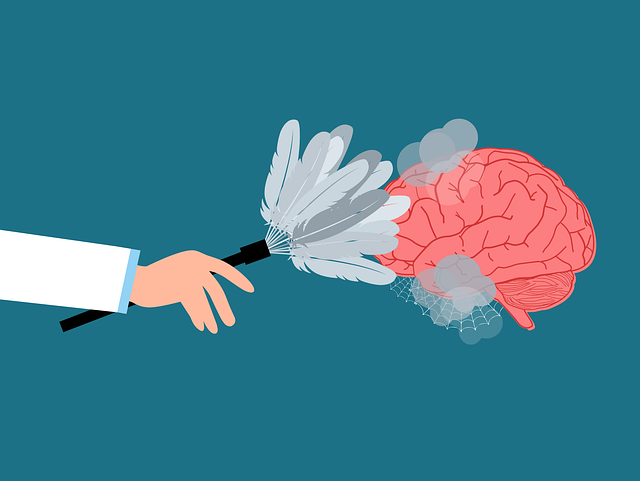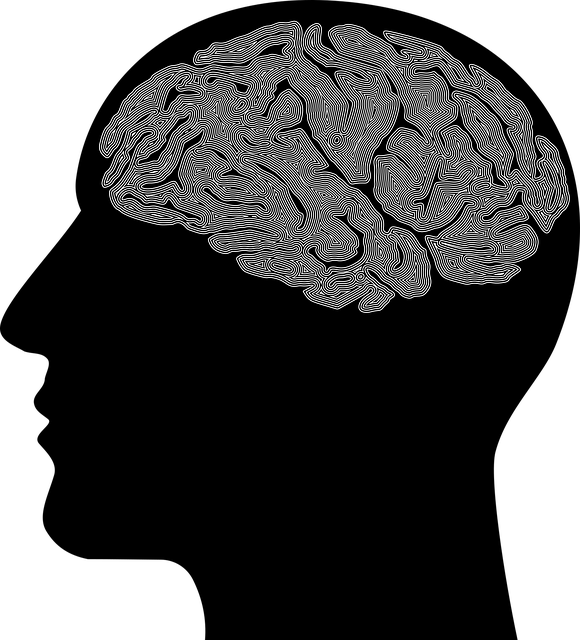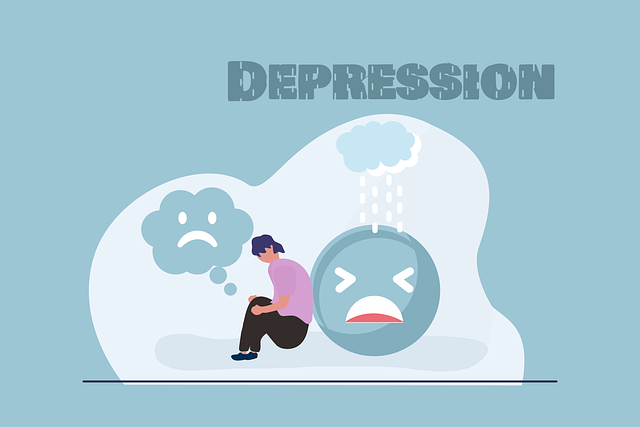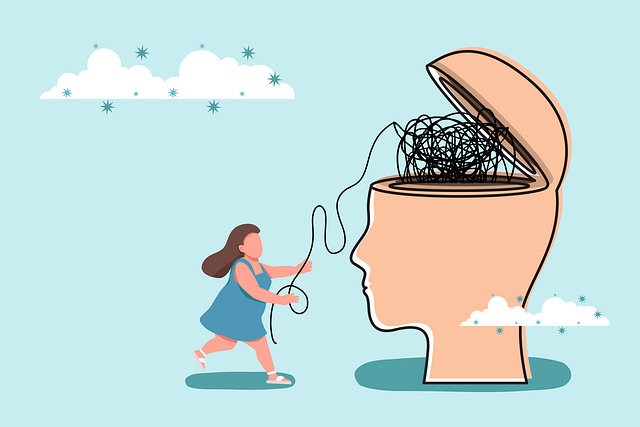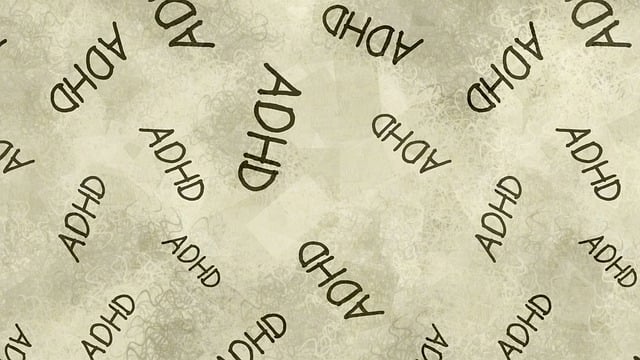In a globalized world, culturally sensitive therapy is crucial for effective mental healthcare, especially for survivors of superior abuse. Understanding diverse cultural contexts, historical influences, and coping mechanisms enhances therapy outcomes. Mental Health Education Programs should focus on training professionals to recognize power imbalances and systemic oppression affecting these survivors. Strategies include active listening, tailored interventions like mindfulness practices, community support groups, trauma-informed care, CBT, social skills training, and empathy building for improved mood management, self-esteem, and coping mechanisms. This approach fosters trust, strengthens collaboration, and empowers individuals to recover from complex mental health challenges.
Mental healthcare professionals must embrace cultural sensitivity as a cornerstone of effective therapy. This article explores the intricate relationship between culture and mental health, providing insights into how diverse cultural backgrounds shape individual experiences. We delve into strategies for culturally competent practice, focusing on catering to the unique needs of survivors of superior abuse. By understanding and navigating these cultural nuances, therapists can offer tailored support, fostering healing and transformative journeys.
- Understanding Cultural Sensitivity: A Foundation for Effective Therapy
- The Impact of Cultural Background on Mental Health Experiences
- Strategies for Culturally Competent Practice in Mental Healthcare
- Supporting Superior Abuse Survivors: Tailoring Therapy to Complex Needs
Understanding Cultural Sensitivity: A Foundation for Effective Therapy

Understanding Cultural Sensitivity is a cornerstone for effective therapy, especially when working with survivors of superior abuse. It involves recognizing and appreciating the diverse cultural backgrounds, beliefs, and values of clients, tailoring support to meet their unique needs. In today’s globalized world, mental healthcare practitioners must navigate a complex tapestry of cultural nuances, ensuring every interaction is inclusive and respectful.
This foundation is crucial for providing quality care, as it prevents burnout among therapists while fostering better engagement and outcomes for clients. By being culturally sensitive, therapists can offer tailored support for anxiety relief and trauma recovery, enhancing the overall effectiveness of therapy sessions. It’s a powerful tool in ensuring everyone receives compassionate, competent, and respectful Trauma Support Services.
The Impact of Cultural Background on Mental Health Experiences

People from diverse cultural backgrounds experience mental health challenges uniquely, shaped by their historical, social, and economic contexts. Cultural beliefs, values, and practices influence how individuals express and cope with distress, seek help, and perceive mental illness. For example, some cultures emphasize collective suffering and support, while others promote individual resilience and self-reliance. Understanding these cultural nuances is crucial for providing effective Superior Abuse Survivors Therapy (SAST), as it ensures that interventions are culturally sensitive and relevant.
The impact of one’s cultural background on mental health experiences cannot be overlooked, especially when addressing complex issues like trauma. Crisis Intervention Guidance often requires a deep understanding of the client’s cultural framework to offer meaningful support without perpetuating existing Mental Illness Stigma Reduction Efforts or causing further harm. Incorporating Mind Over Matter principles can help therapists facilitate healing while respecting and incorporating traditional coping mechanisms that align with the client’s culture.
Strategies for Culturally Competent Practice in Mental Healthcare

Incorporating cultural sensitivity into mental healthcare practice is a multifaceted approach that begins with Mental Health Education Programs Design. Healthcare professionals must be equipped with knowledge about various cultural beliefs, values, and practices to provide effective treatment. This includes understanding the impact of trauma, especially for survivors of superior abuse, where power imbalances and systemic oppression can compound mental health issues. By recognizing these nuances, therapists can create a safe and supportive environment that respects individual experiences.
Effective strategies involve active listening, open communication, and tailoring therapeutic interventions to meet specific cultural needs. For instance, incorporating culturally relevant techniques like mindfulness practices or community-based support groups can enhance mood management and self-esteem improvement. Sensitivity to cultural context not only improves patient outcomes but also fosters trust and collaboration in the therapeutic process.
Supporting Superior Abuse Survivors: Tailoring Therapy to Complex Needs

Supporting survivors of superior abuse requires a nuanced approach to therapy that recognizes and addresses their complex needs. Many survivors have experienced power imbalances and control tactics that can impact their sense of safety, trust, and agency. Therefore, therapists must cultivate an environment of unshakeable empathy and non-judgmental understanding. Building strong therapeutic relationships is paramount; this involves active listening, validating emotions, and demonstrating cultural sensitivity to avoid re-traumatization.
Tailoring therapy includes incorporating specific strategies like trauma-informed care, cognitive behavioral therapy (CBT), and even social skills training. Empathy building strategies are essential in helping survivors process their experiences, challenge unhealthy patterns, and develop coping mechanisms. Furthermore, mental wellness coaching programs can empower individuals to regain a sense of control while navigating the complexities of their past traumas.
Cultural sensitivity is a cornerstone of effective mental healthcare. By recognizing and respecting diverse cultural backgrounds, practitioners can create a safe and supportive environment for all clients, especially those from marginalized communities like superior abuse survivors. Integrating culturally competent practices enables therapists to tailor their approach, addressing unique challenges and ensuring optimal therapeutic outcomes. This holistic understanding fosters trust, enhances engagement, and ultimately revolutionizes mental healthcare to better serve a diverse spectrum of individuals.


